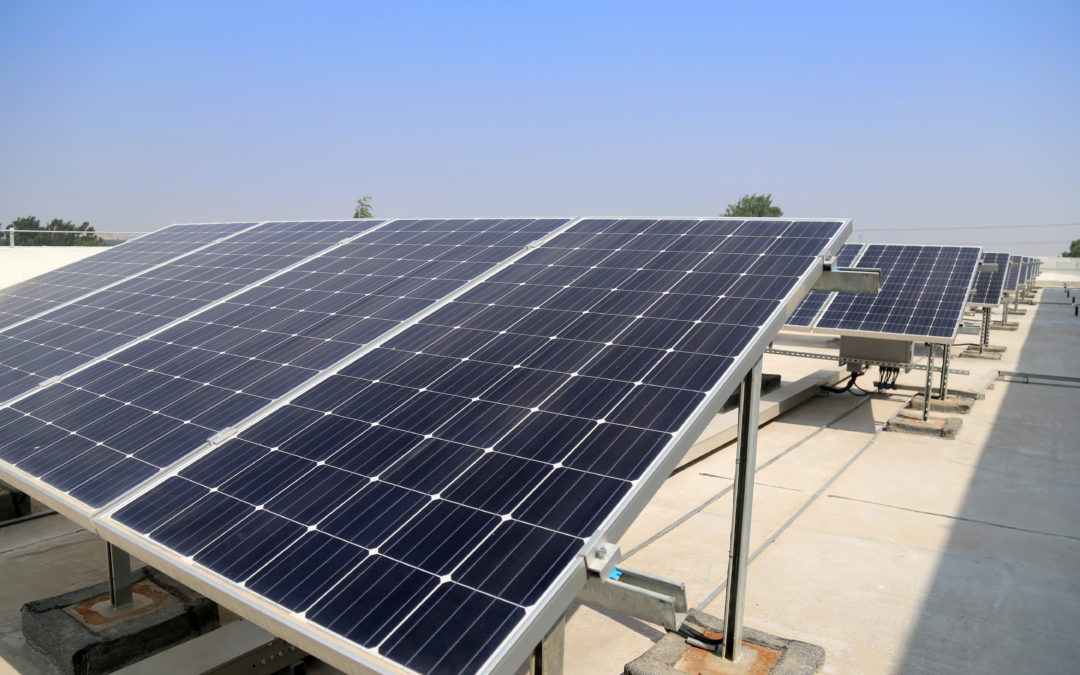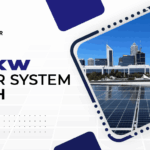If you want to know everything about the financial aspects of a solar energy system on your residential rooftop, then keep on reading. Because this article will cover all bits and pieces of modern solar panel installations, and the math that goes behind it! Happy reading.
Average Cost of Solar Energy System
The average cost of a solar energy system varies from place to place and can change every now and then. It is highly advised to contact a service provider for a proper quote as per the latest prizing. You can call us at 1800 786 629 or email us at info@box5191.temp.domains to get an obligation free quote today!
Financial Benefits
When it comes to the financial benefits of solar energy, there are two aspects to look at – its effect on your energy consumption and the Feed in Tariff for excess energy.
- Effect on Your Energy Consumption: The conventional energy that you purchase from your electricity supplier costs between 20-40c per kWh. Solar installation can help you cope with these energy costs by reducing the amount you need for operating your daily home appliances or other electrical equipment. Modern solar energy systems come with built-in advanced technologies that tell the devices to use solar energy first before they drain it from the grid. This reduces your monthly energy bill to a great extent.
- Feed in Tariff: It is worth noting that the solar energy system doesn’t work on any specific presets. In other words, it doesn’t produce energy as per any pre-defined setting, it produces energy as long as the sunlight falls on its surface. This can sometimes result in excess electricity production. This excess electricity can be sold back to the grid for a specific rate known as Feed in Tariff. Though Feed in Tariff rates vary from state to state, you will get somewhere around 6-16c for each kWh sold back to the grid. In simple terms, not only are you saving money by producing your own electricity, but you are also earning money by selling excess electricity to the grid!
What is the Payback Period for Solar Energy System?
Most state governments are providing some kind of tax incentive or grants to promote wider use of the solar panel. As a result, the final after-install cost can be lower than the sticker price. The easiest way to benefit from installing solar panels on your house, however, is by selling surplus produce back to the grid. This allows customers of utilities who produce their own solar electricity to pump some of the energy, they don’t use, back to the grid. This method of billing pays solar consumers against their energy usage, bringing down their monthly bills. In addition to that, the solar energy generated saves a lot of money as the consumers use little to no energy supplied by the grid. Thus, taking their savings to more heights. To sum it up, the payback period of a solar energy system doesn’t only depend on the savings one can make in the monthly bills, but also extra credits they get through selling their extra energy units. To get a precise calculation on what your payback period will be, call us at 1800 786 629 or email us at info@box5191.temp.domains
So, is solar energy worth an investment today?
Given the fact that a solar energy system not only reduces your dependence on the conventional energy, thus saving you money but also creates a self-sustaining energy system that pays you back, there is no doubt in saying that it surely is worth every cent you spend on it!
Sun Max Solar is known to be one of Australia’s most trusted solar energy solution providers. We offer best-in-class solar systems from some of the most renowned solar manufacturers from around the globe. Click here if you want to know more about the current solar panel cost or to get a quote for your solar installation. Our dedicated support staff will get in touch with you soon!






